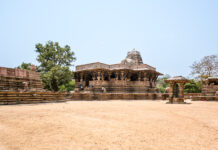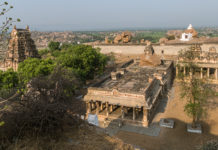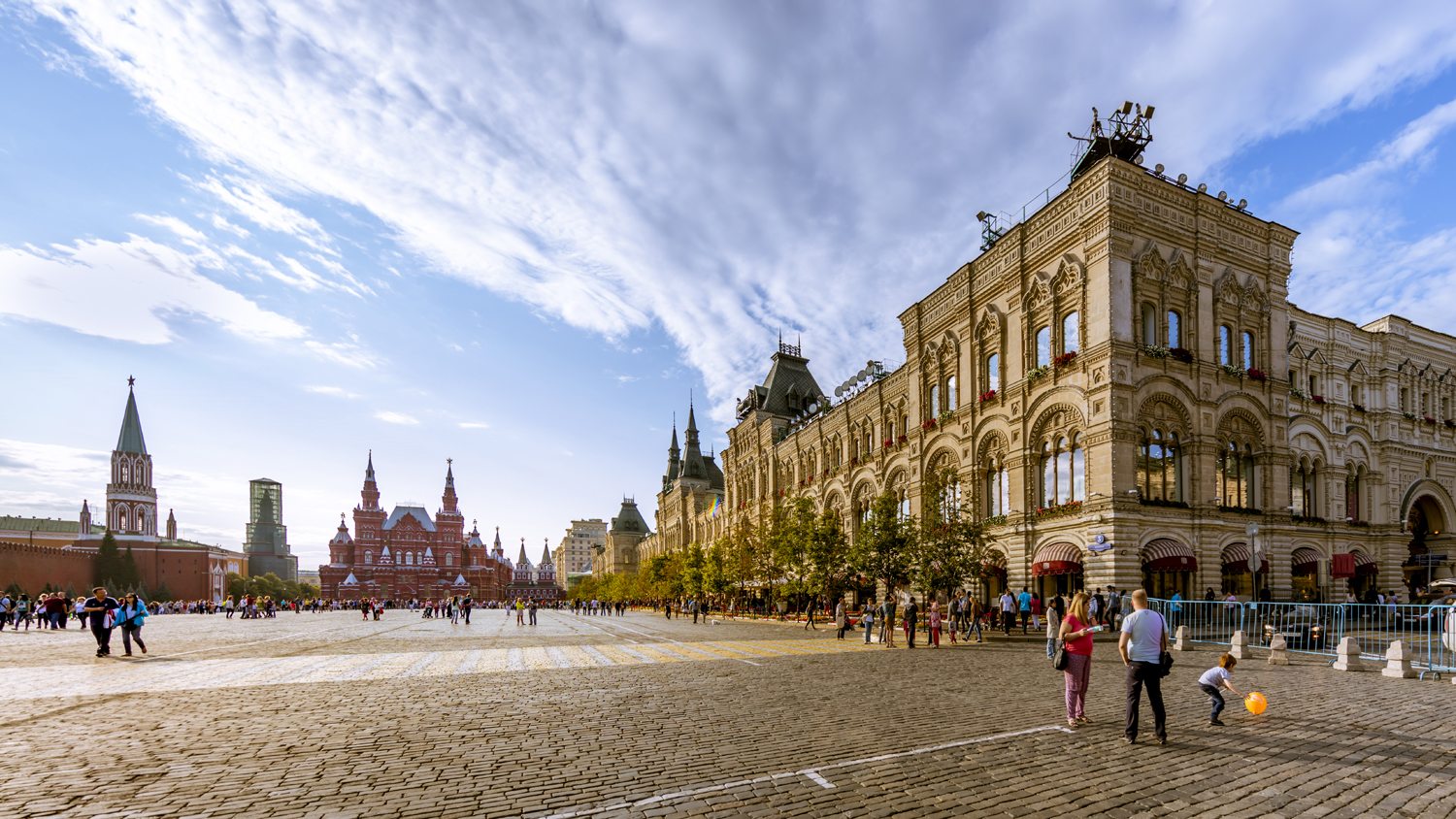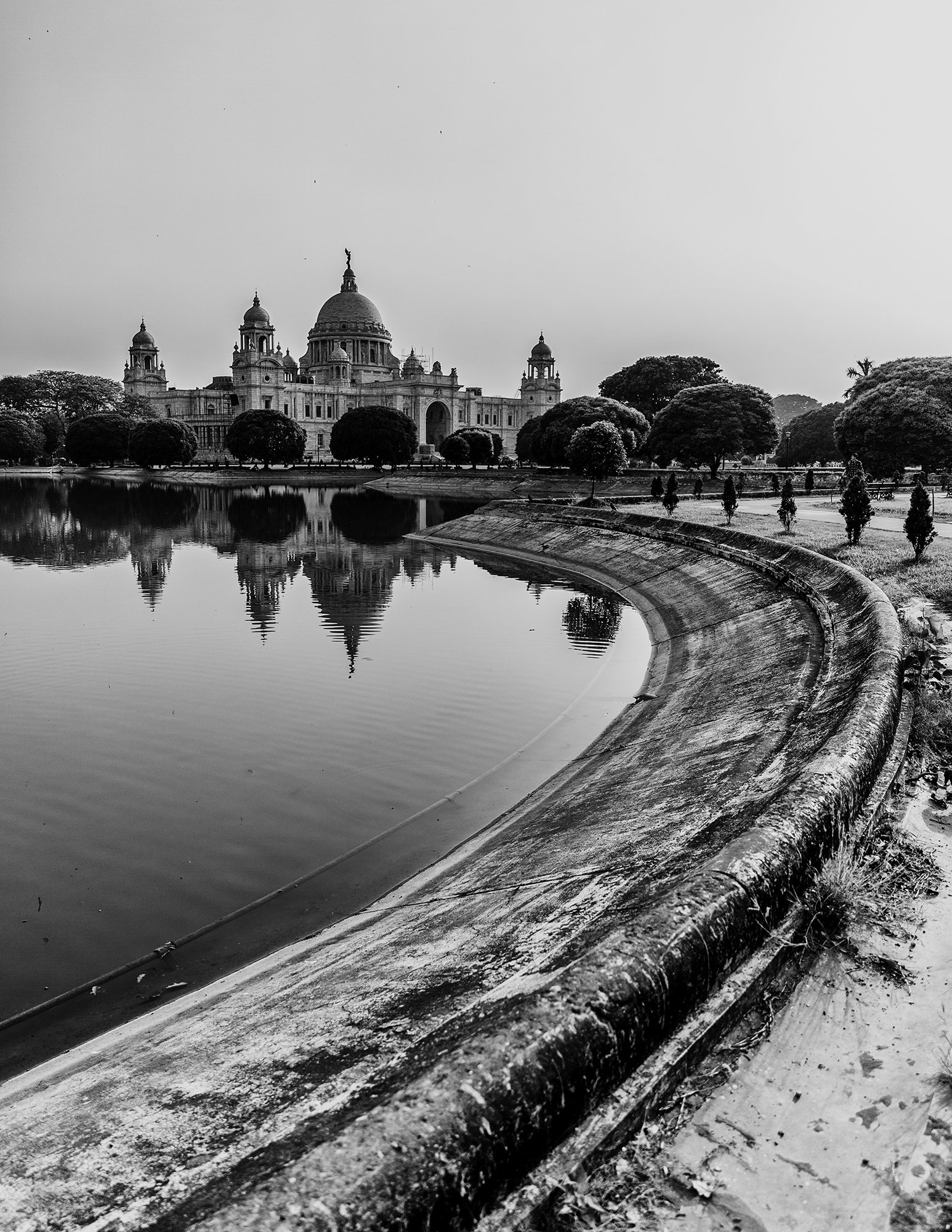The MasterClass Series #20
Shooting Architecture without Distortion Part-1
Equipment
EOS 5D Mark III.
TS-E 17mm f/4 L.
EXIF #1
Episcopal Church in Opava, Czech Republic
Focal length: 17mm
Aperture: f/4
Shutter speed: 1/2000
ISO: 100
EXIF #2
Inside The Gong, Ostrava, Czech Republic
Focal length: 17mm
Aperture: f/4
Shutter speed: 1/60
ISO: 100
EXIF #3
Great Gallery in Schönbrunn Palace, Vienna, Austria
Focal length: 17mm
Aperture: f/4
Shutter speed: 1/40
ISO: 400
EXIF #4
St. Stephen’s Cathedral, Vienna, Austria
Focal length: 17mm
Aperture: f/5
Shutter speed: 1/500
ISO: 100
EXIF #5
Galata Tower, Istanbul, Turkey
Focal length: 17mm
Aperture: f/4
Shutter speed: 1/500
ISO: 100
Editing
Adobe Lightroom Classic CC
From the creativity of the photojournalistic technique, let’s head over to the technicality of shooting architecture without distortion.

The story
During travel, we shoot destination landmarks, and these include buildings and monuments. Most of these edifices are massive. Our endeavour is to capture their size as well as beauty. To do so, some of us tilt the camera to capture the monument in its entirety. Whether we do that from the ground level or a higher vantage, distortion is bound to set in.

The challenge of shooting architecture without distortion
The only way to shoot any structure distortion-free is to keep the camera parallel to the ground. For that, you need a vantage that brings you up midway to the height of the building. But the ground realities do not always allow us to keep the camera parallel. Especially in the case of tall buildings. Sometimes there is not enough space available around the building. A typical example is massive spires of churches in Europe located in narrow lanes. Sometimes, other obstructions constrain us, may it be wires or other ugly structures. And the challenge is any tilting of the camera leads to parallax distortion – the distortion of converging lines.

The shots
I’ll address this challenge in two parts as there are two distinct solutions to handle it. Let’s start with the first, a tilt-shift lens, also called a perspective control lens. When you can’t find a vantage to gain height to rise midway to a building’s height, it magically grants you that height by rising to the occasion through its shift function (see the sequence of illustrations below),



Once this lens gives you the desired elevation, you can shoot the building by keeping the camera parallel to the ground and avoid distortion. The images in this post were all shot using the tilt-shift lens. And, even THIS ONE.
























Good one !
Thanks!